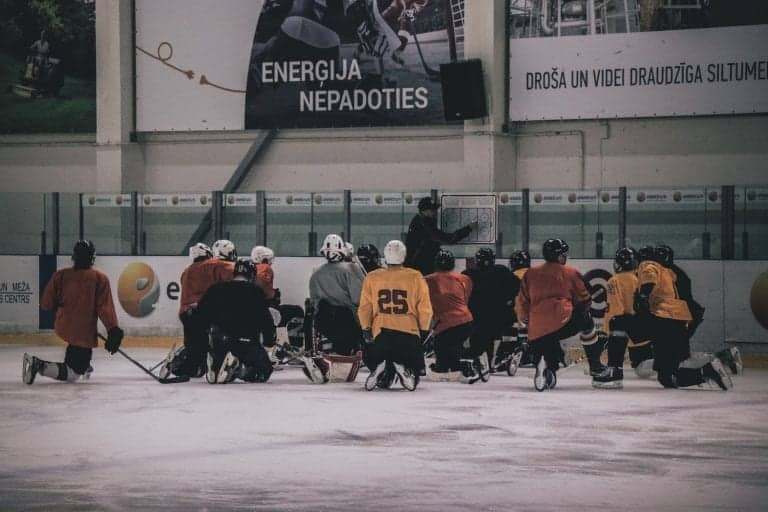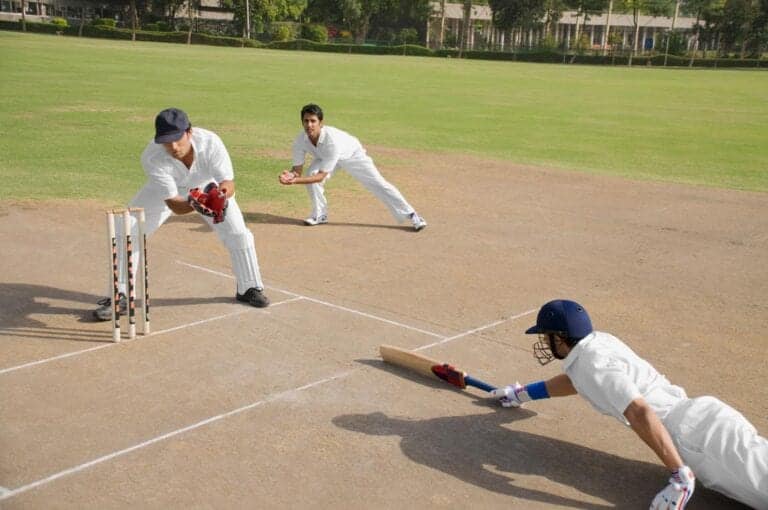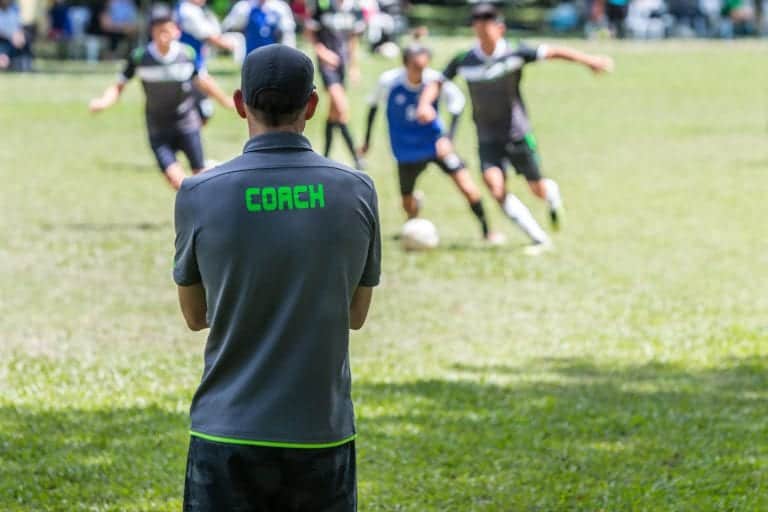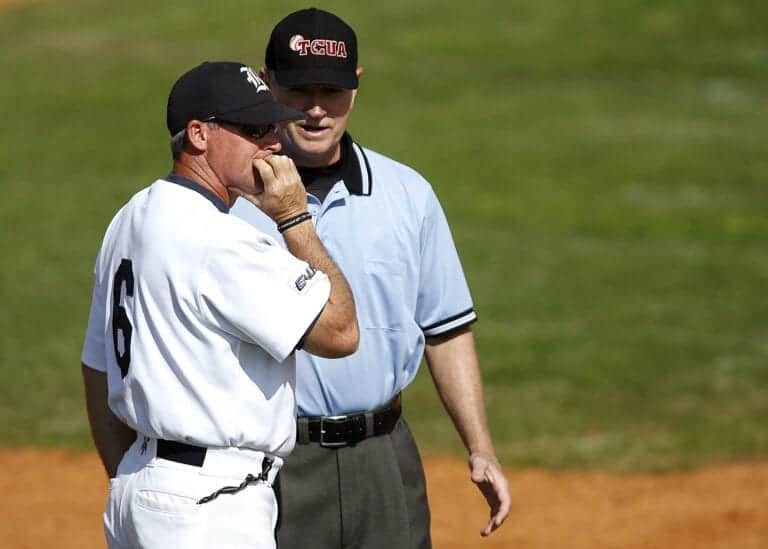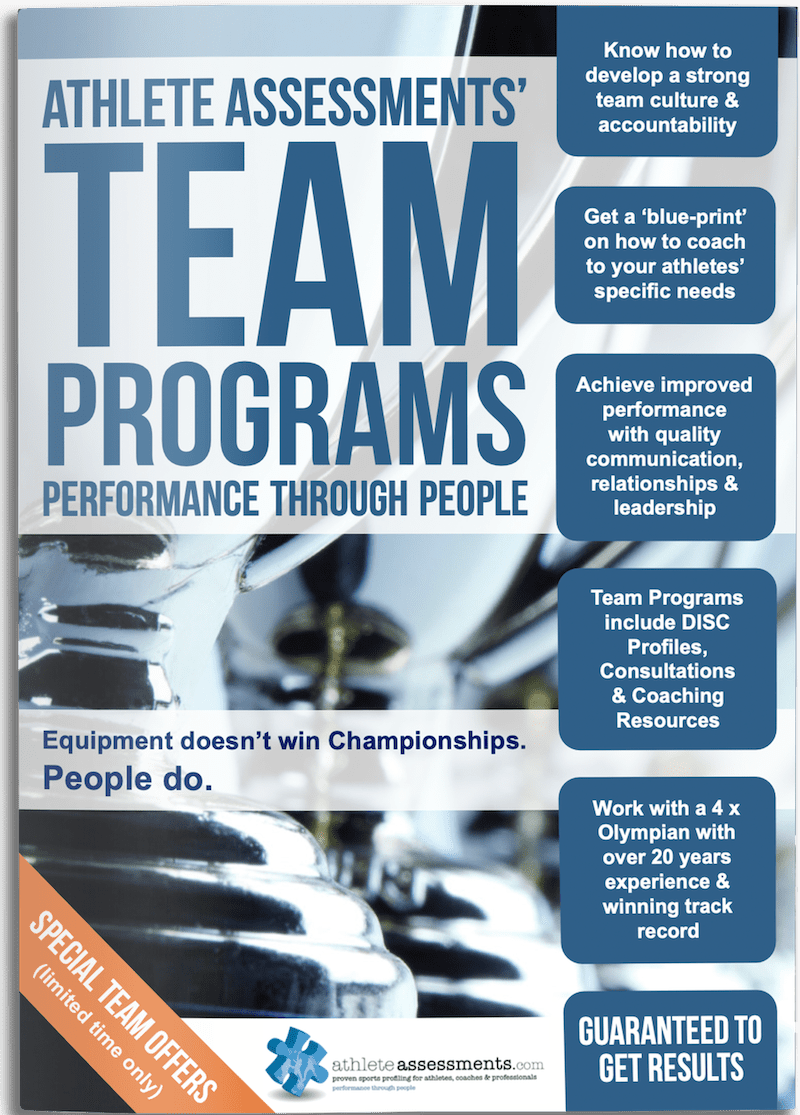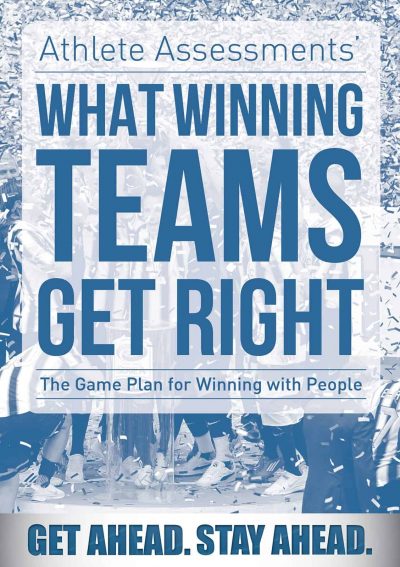Our model of sport at Athlete Assessments sees coaches as teachers. In fact, we have often found the most effective coaches actually came from a teaching education background and are qualified in this area of skill and knowledge. When athletes enter into your program, they should not be viewed as a finished product, no matter how good they already are in their sport. Instead, each coach is faced with the challenge to teach their athletes; to make less skilled athletes, skilled and great athletes even better.
This is the coach’s role – to teach. To be an effective teacher requires you have a sports learning environment for your athletes to participate in. This article highlights eleven qualities which signify you have a sports learning environment. When you have a sports learning environment it is likely your athletes will improve, regardless of how good they already are.
Use these eleven points to assess your own program, identify areas of strength and areas where you could do with some improvement. Keep in mind, continuous improvement is the hallmark of sustained success.
1. Athletes Ask Questions (any question is a good question)
I speak to many coaches who initially are agitated by their athletes asking questions. Some are agitated because they feel a question is a challenge to their authority and others are frustrated the athlete did not listen well enough in the first place. However, what a question really means is, “I am interested, please explain so I can understand and do this better“.
Your athletes have to feel safe physically and emotionally to actually ask a question. If they feel, you as the coach are going to chastise them if they ask a question, they are likely to not ask. They are also likely to not understand and therefore not perform as well as they may have been able to.
But what if the athlete was asking a question because they really weren’t listening? Well, the reality is when any of us listen, we filter the received information in such a way as to make our own sense of it. As all of us filter differently and therefore hear what we “want” to hear. As such, when an athlete asks a question they are confirming what they think they needed to hear. As coach, you then can understand their point of view and change it where necessary. Our article on “Do Your Athletes Listen? (Increasing the impact of your coaching messages)” goes into this topic in greater depth.
Bottom line, if you want a sports learning environment, encourage your athletes to ask questions.
2. Athletes Become Students of the Sport
This aspect links to the first point. When your athletes feel able to ask questions, it brings out their curiosity and desire to become more of a student of the sport. Being a student of the sport means athletes take time to understand the underlying theories of the game, the traditions and the names and athletes who have gone before them. This not only gives your athletes a sense of where they fit in, but importantly helps your athletes to manage themselves in training and competition more effectively.
The reason is, when an athlete begins to understand the theory of the sport, they are able to better analyze their own game and in turn keep themselves focused by knowing where to direct their attention. As their coach, what questions can you ask to help your athletes reflect on their performance? What aspects of the athlete’s knowledge do you need to further develop so they can become true students of the sport?
3. Encouragement of Ideas
Within most sports programs, there exists a varying level of experience, knowledge and skills within the athletes. Usually, when athletes become more experienced and knowledgeable, they have a desire to contribute this knowledge as ideas to improve the program. To work in a form of consultation with the coach. This is how ongoing development and performance improvement can foster itself within your program, plus it is a vital way of keeping older and more experienced athletes engaged and enjoying their sport. As a coach of a diverse group of athletes, you can encourage these athletes to give their ideas from their perspective. This keeps your program current in their eyes and highlights you as a coach, that you are open and value others.
4. Multiple Coaching and Teaching Methods
There are many different learning strategies designed to help athletes develop. As a coach, what are your strategies? Here is a list you can choose from in order to better communicate and educate.
- Inquiry-based learning: Athletes using questioning, research and communication with internal and external experts in order to research, interview and seek real world solutions.
- Direct Instruction: This is the often purely relied on approach to coaching, where the coach gives direction and immediate guidance to the athlete. In this approach there is little athlete interaction or involvement beyond just doing what they coach suggests.
- Team Member Mentoring: This approach is especially useful where there exists a range of experiences within the athletic group.
- Athlete as Coach: Asking an athlete to become the coach for a period of the practice means they have to prepare to deliver a meaningful learning experience for their team members.
- Real Time and Immediate Video Analysis: There still exists the need to conduct video sessions as a stand-alone session, but the use of immediate video feedback is far more effective than waiting for a later time and then having a large gap between when the athlete can perform the improvements you desire.
In our article on Coaching and Teaching Methods we go into the 5 methods mentioned above in greater detail.
5. Pragmatic Practice Sessions
This means every session is linked to the team’s current and long term goals and objectives. Each practice session is designed to build skill capability relative to where the athlete or team are currently performing. Essentially this means ensuring practice is real life as possible. I believe there is a time and place for drills, there is also a time and place for match play practice. Achieving a balance between the two is critical.
6. Tailored Learning
This is at the crux of the work we do at Athlete Assessments. Using the DISC model, coaches can tailor their message and information to suit the needs of the athlete. Athletes develop self-awareness, so they can appreciate what they require and communicate this more effectively. This also relates to how each athlete learns best with the Learning Styles Model.
7. Performance Measurement
Assessment is persistent, authentic, transparent, and never punitive. Each athlete needs to have a Personal Improvement Plan (PIP) which is linked to their current performance bench marks and has a future mark identified. The coach and athlete then develop a plan to address the performance gap with suitable strategies. At an agreed time, the performance is again assessed and a new plan developed.
8. Structured Feedback
In successful sports learning environments formal feedback is given in a structured manner. There is a time each week when the coach and athlete meet to discuss their progress and use the above mentioned PIP. Informally, feedback is used to address whatever issues are being presented at the time. The key is to keep consistently communicating to each athlete and the team overall.
9. Success Criteria is Shared
Athletes should know what “success” looks like. The objectives the athletes are looking to achieve should be linked to the sport, the team and clearly defined so they know how they are progressing. These criteria do not always have to be numbers driven, but could also be technical (for example seen to be achieved through video footage).
10. Learning Habits are Reinforced
Great learning habits are role modeled by the coaches and reinforced through positive feedback to the athletes. Often it is more important to reward effort than simply hard results. Results flow from effort so focus on the former and the latter will come. If not, change what strategies you are using to get there instead of blaming the athlete for not being able to execute effectively.
11. Numerous Practice Opportunities
Without multiple opportunities to learn, athletes will struggle to perform in the heat of competition. Every coach knows athletes who can perform when it does not count. Being able to perform well at training is a different ball game to performing in a match or game situation. Read our article on ‘What to do when your athletes don’t compete as well as they train‘ for more on this topic. Creating opportunities to embed knowledge into skill takes time. Rushing your athletes undermines the learning environment you are trying to create. Give space and time and structure your athletes learning so they know what is coming next and can begin to visualize themselves doing it prior to physically having to.
In a Nutshell
To review, here are the 11 Qualities of an Optimal Sports Learning Environment.
- Athletes Ask Questions
- Athletes Become Students of the Sport
- Encouragement of Ideas
- Multiple Coaching and Teaching Methods
- Pragmatic Practice Sessions
- Tailored Learning
- Performance Measurement
- Structured Feedback
- Success Criteria is Shared
- Learning Habits are Reinforced
- Numerous Practice Opportunities
Hopefully as you read this list, you have identified areas of points you are doing well and areas where you feel you could do better. Creating an optimal sports learning environment is every coach’s responsibility. The payoff for you as a coach, is in the better results your athletes will produce and the greater enjoyment they take from their sport.
At Athlete Assessments, we’re here to provide you with excellence in service and here to help you be your best. If there is anything we can assist you with, please Contact Us.
Recommended Articles
Have you ever noticed how some athletes “get” instructions immediately, while for others it takes a while for things to click? If you’re involved in coaching this is something you’ve had to deal with on numerous occasions. Many Coaches develop their own ways of working with their athletes learning styles and having a well-proven framework can be extremely useful. We understand all athletes are unique and cannot be coached in exactly the same way because as athletes (and people in general) everyone has their own unique way of learning.
This article was written during national team selection time for one of our clients. It reminded me of how I felt during my own selection for various national and Olympic teams, and inspired me to share the most important lessons I learnt about the connection between training and competition. This article is about techniques to help athletes control their nerves so they can compete at least as well as they train, if not better. At the end of this article, I’ve also included my top three coaching tips for helping athletes manage their nerves during competition.
A coach’s role is critical in the context of our society. What I want to share with you in this article is my philosophy on the role of sport and the significant contribution coaches make. This is particularly important for your sport and every sport.
Defining a Sport Coaching Philosophy is as critical for sports Coaches as it is for business and industry leaders to define their leadership philosophy. It is key for successful coaching.


